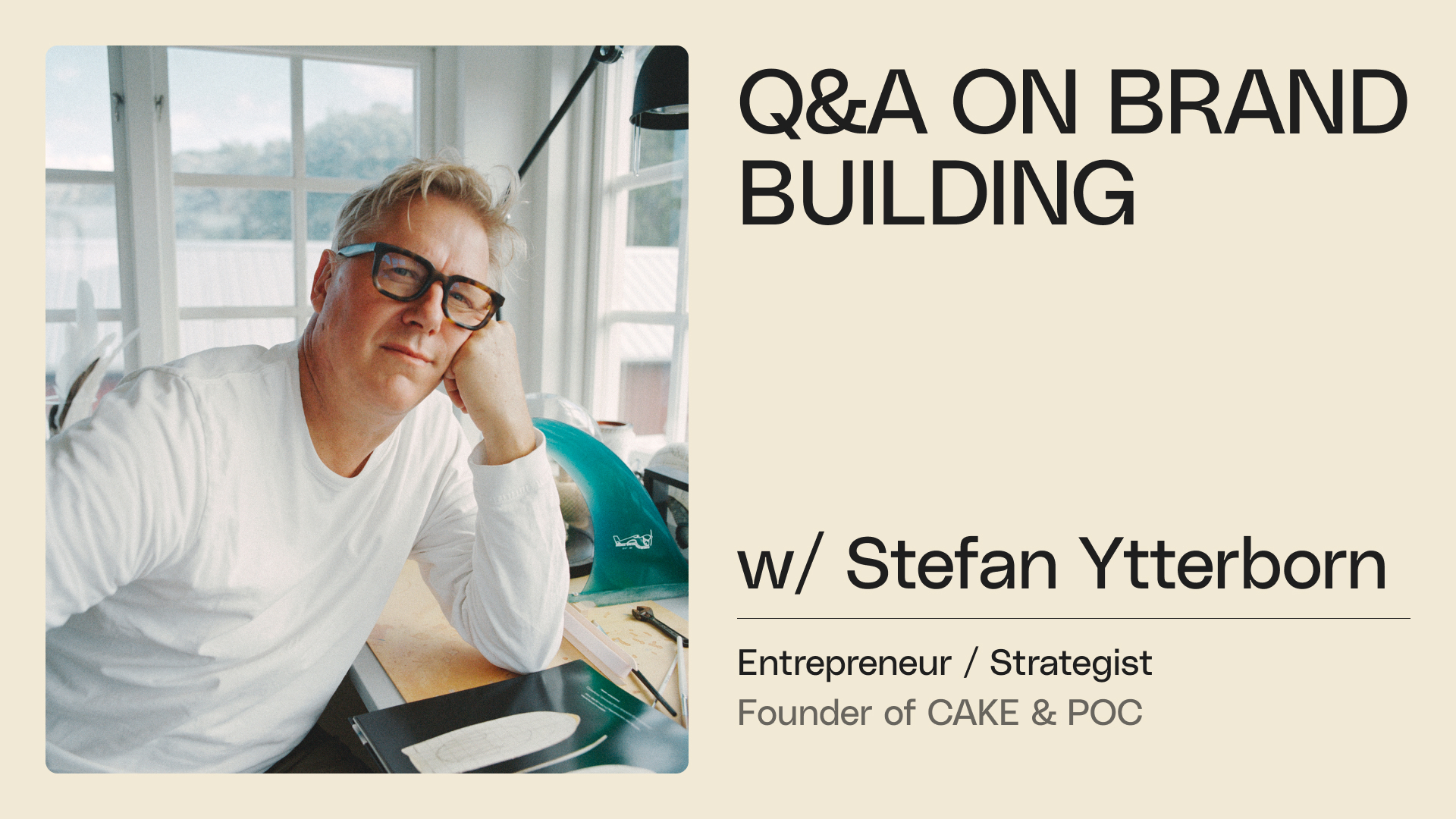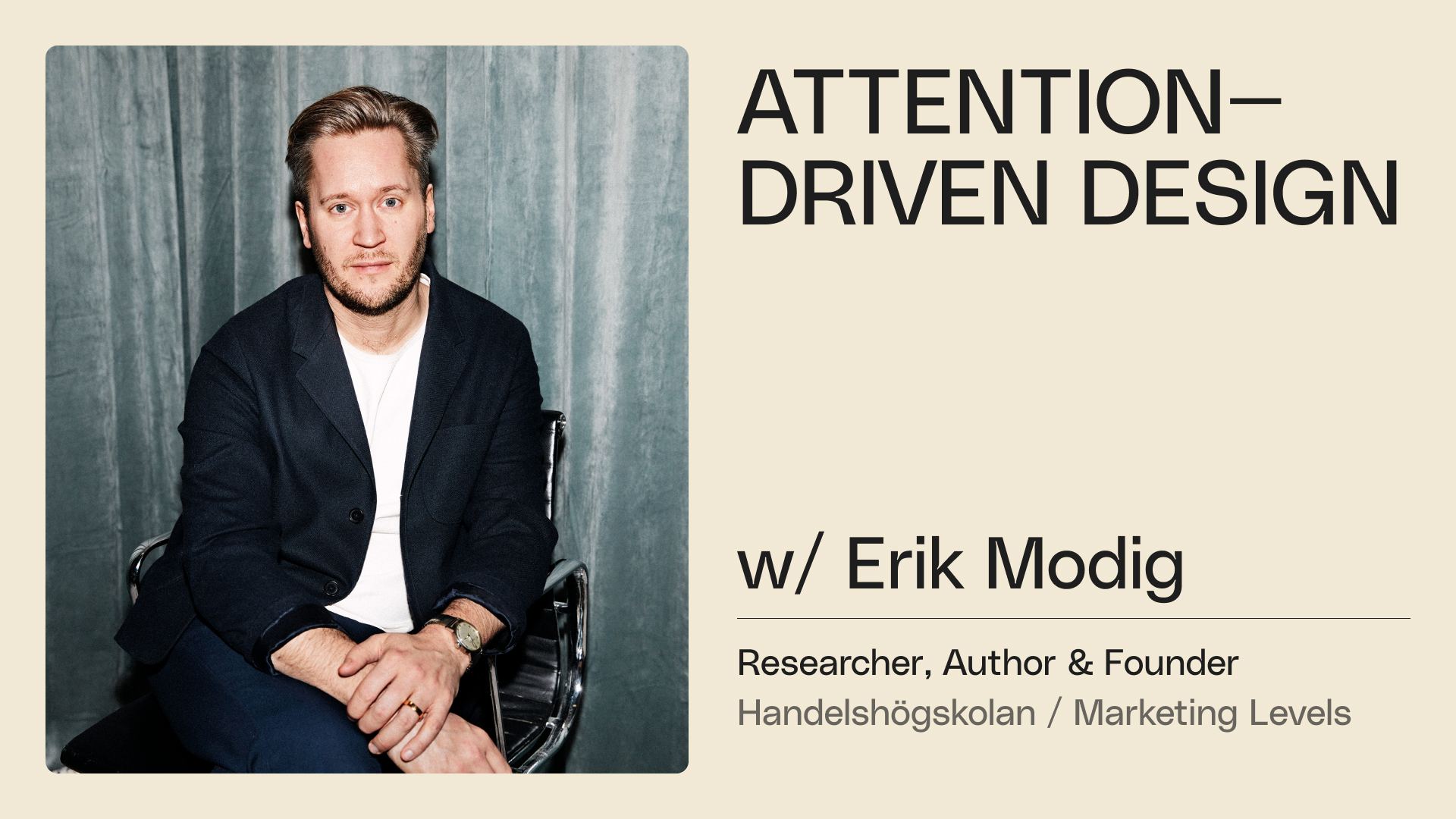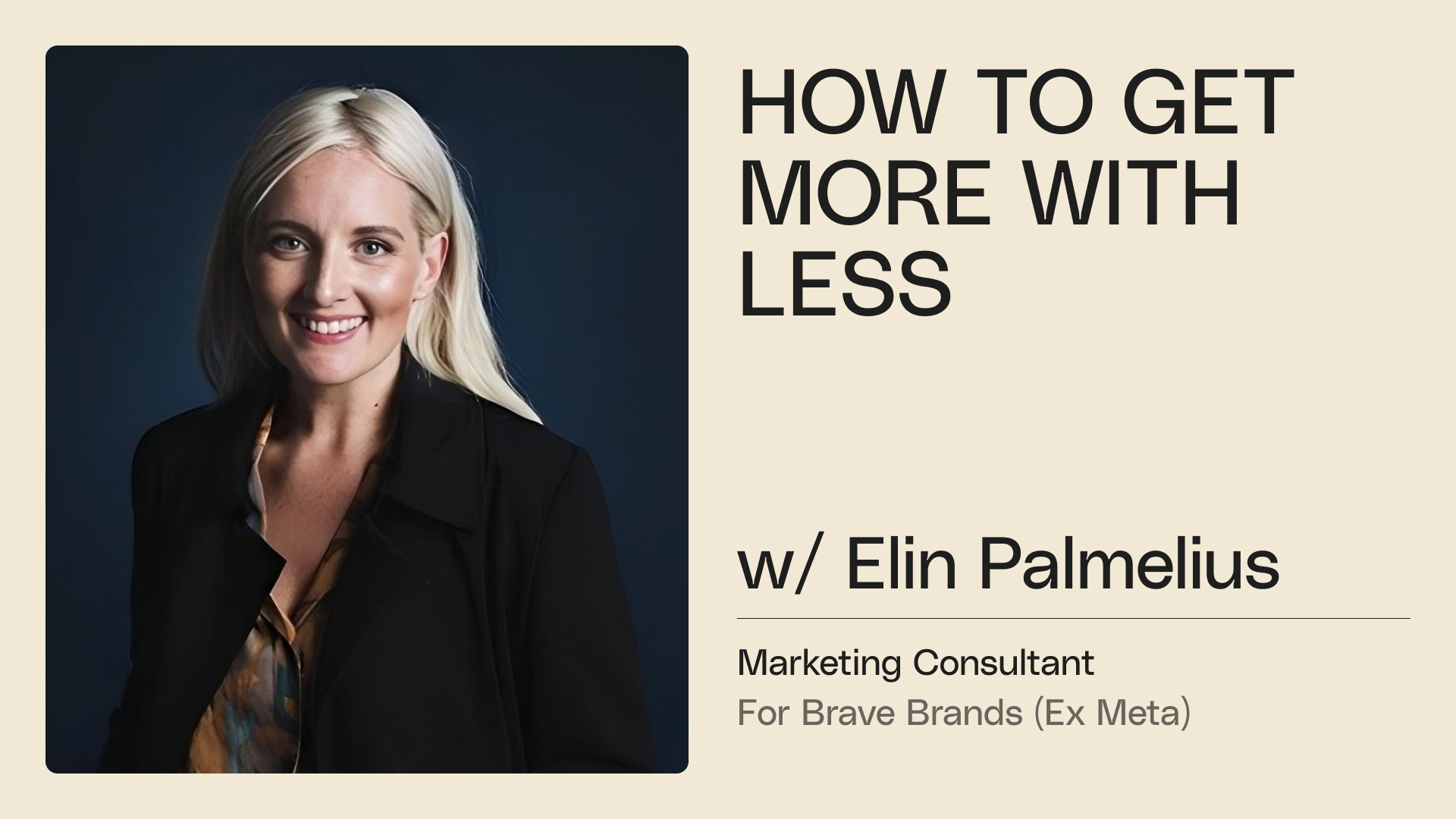For Mikael Rapp, it all started with a job at the marketing service Campanja after studying industrial economics at KTH.
– At that time, you couldn’t place real-time bids in keyword marketing, so we built a solution outside of Google to achieve that. It was educational, and I got to work with large, international clients through Campanja early on.
After Campanja, his career continued at Qliro Group before Rapp started Kvantic in 2018 along with three co-founders.
What made you decide to start your own company?
– The feeling of being part of building a business as an entrepreneur is quite unbeatable. It has been an exciting journey with many twists and turns since we started just before the coronavirus pandemic.

At Kvantic, the focus is primarily on larger e-commerce clients. They also work to some extent with companies in lead generation, presenting exciting challenges.
– We want to work with clients where we see that we can make a significant difference and create added value, says Mikael Rapp. We work with both strategies and implementation, so we are often involved all the way.
Since its start in 2018, Kvantic has grown slowly but steadily. The goal is to grow the team to 25 people in 2023. At the same time, recruitment has been one of the biggest challenges.
– Our biggest problem is finding skilled employees, and we are certainly not alone in experiencing that, Rapp says. We are constantly looking for knowledgeable, ambitious colleagues to join us.
What trends do you see in digital marketing?
– A lot is happening, as always. One example is that more and more functionality is built into ad platforms, and the work managing them becomes less hands-on, which makes it more difficult to obtain qualitative data, especially for smaller players who cannot invest as much in developing their own tracking solutions.
In addition, Mikael Rapp sees significant digital maturity in society at large and an increasing fragmentation of platforms.
– Different generations as well as market segments no longer use the same channels, which has become increasingly clear in recent years. That is something that I think will continue in the years to come. This development creates both opportunities and increased complexity for those who want to reach target groups in entirely different places with entirely different conditions.

What is the focus of your own marketing?
– Our industry is trust and relationship-based, so customer references and existing customers have been the best channels to acquire new clients for us. LinkedIn is by far the most important of the bigger, generic channels for us.
How would you recommend balancing performance marketing and branding?
– It depends on the context, but generally, companies who only invest in performance marketing will have a much harder time in an economic downturn, while those with a strong brand – and thus a stronger relationship with their users – fare much better. For those who have not invested in branding, the only option is often to compete on price.
“Companies who only invest in performance marketing will have a much harder time in an economic downturn”
What do you think we will see going forward?
– First-party data needs to get on the agenda for more marketing organizations and CMOs. GDPR and browser privacy, with Apple in the lead, have made it much more challenging to measure marketing investments and work effectively, especially for smaller players. I think there needs tol be some easing of GDPR in the long run. It is a very far-reaching and strict legislation with ambiguities that await precedent-setting judgments.
According to Rapp, the changes brought about by generative AI will lead to a trade-off between control on the one hand and scalable creative creation for advertisers on the other.
– Here, I see that players like Klingit will play an important role. What is clear is that automation in this area is advancing at a rapid pace, and advertisers, even more than today, will need to ensure good access to high-quality data, both regarding products and customer behavior.
This article is part of Klingit’s CMO-insights series where we meet interesting people from the industry and discuss interesting perspectives on marketing and design. The text is written by Rikard Hegelund.











